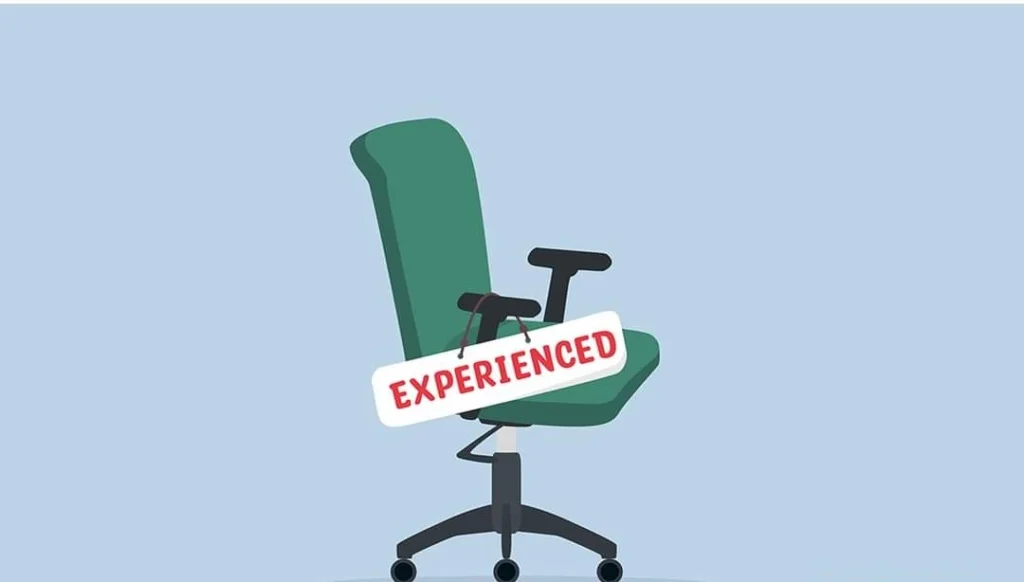At one time job hopping or voluntarily changing jobs frequently was seen as unprofessional and unnecessary. Rather, the most common practice was to work for one employer or company throughout one\’s career, gradually rising through the ranks of the company and seeking regular salary increases.
But in today\’s times, job changes are often required to maintain continuous career growth. In other words, you have to keep your eyes open for new opportunities. And at the same time using current salary and benefits to move towards something better.
Although \’job hopping\’ is necessary these days, it can do more harm than good if not practiced strategically. Now let\’s take a look at the pros and cons of job hopping. At the same time, let\’s know some strategies to change job properly.
What Is Job Hopping?
Job hopping refers to the concept of workers changing jobs at a higher rate than usual. Generally, leaving a job after working less than 2 years in an organization is considered as job hopping. Most of the time job hopping is considered negative. Because some people think it means you don\’t keep your promises, or you are too picky at work.
Advantages Of Job Hopping
Job hopping has some advantages. It is like this:
- 1. Earnings are likely to increase
An employee may leave the company soon after joining the job for a simple reason. And that is, he might be able to earn more money if he goes to a new job.
A study by the news agency Bloomberg found that an average worker\’s earnings increase by 4% when he has one job. But if he takes a new job, his earnings increase at the rate of 5.3%. Even this rate increases with time.
- 2. The possibility of becoming skilled in new work is created
Every organization works differently even if it falls under the same industry. And changing jobs can allow a worker to acquire a new skill, which he could not learn in his previous job.
Again, you may have previously worked for a company that was behind the times. In that case, if you join a new organization, you can advance yourself.
Disadvantages Of Job Hopping
While job hopping has its advantages, there are also some disadvantages. Now let\’s know some disadvantages of job hopping:
- 1. Facilities may decrease
Joining a new workplace requires you to stay with the company for a certain period of time to receive benefits such as vacation expenses, sick leave or retirement allowance. Moreover, in many organizations, you have to work for a certain period of time to qualify for these benefits.
Sometimes it all depends on the company and your employment contract. Some companies may require you to work for a minimum of 6 months. Some companies offer more benefits the longer you work there.
Change of job can also lead to financial loss. For example, if you have to work for a company for one year before taking the benefit of retirement allowance, then if you leave the job before one year, you will be deprived of this benefit.
Many companies have a \’vesting schedule\’. This means, you will not get 100% of the retirement allowance provided by the company if you do not work there for a certain period of time.
For example, let\’s say your new company has a 5-year vesting schedule. In this case you will get 20% of the retirement allowance paid by the company every year. If you leave before 5 years, then you will get the rate of allowance as per the contract with the company.
So you should consider this while changing jobs. You need to make sure that the salary increase and new benefits you will get in the new job outweigh the lost allowances and financial loss due to leaving the current job.
In some cases you may have the opportunity to discuss these benefits before starting work. But the whole thing basically depends on the company policy and what kind of benefits the organization provides to other employees.
- 2. A new employer or company may feel bad about your job change
Employers at your new workplace may not take job hopping very well. If you\’re changing jobs before you\’ve worked at an organization for a year, it might look bad or negative to them.
So if you have changed jobs at least 2 times in less than 2 years, consider it carefully before mentioning it in your CV and cover letter. Again, if you don\’t want to mention this in your cover letter, be prepared to bring it up during the interview.
Things To Keep In Mind While Changing Jobs
Even if you want to change jobs because you don\’t like the working environment of the workplace, be polite and maintain a polite manner while leaving. Everyone you know is an industry connection. As a result, if you spoil the relationship with any of these people you know, it can cause damage to your career in the future. Maybe one of them will be your boss or team member in the future.
Give constructive feedback to your employers when leaving the job again. Make sure it doesn\’t cause any misunderstandings.
If the main reason for leaving your job is financial, try to negotiate a raise with your current employer before looking for a new one. They may want to increase your salary.
If they don\’t want to raise your salary and you want to stay with the company, you can still start applying for new jobs. And show them the new job offer letter and negotiate to increase your salary.
For example, you can tell your boss that you have received a job offer from another company, where the salary is higher than your current salary. But you want to work with this company only if they increase your salary. Employers may agree to increase your salary if told this way.

